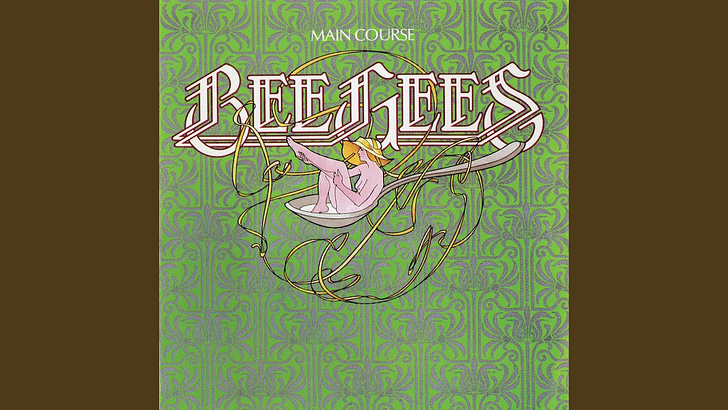YouTube has been pushing various classical pieces featuring the oboe to me recently. I almost gave in today—and I still might, but a realization drew me here first.
I played the oboe in high-school concert band for about a year. One of our school’s music teachers gave me a few private lessons to get me started, but other than that, I was self-taught. That meant that I didn’t advance much, as I never learned how to improve my embouchure and breathing, nor anything about caring for the delicate reeds and finding ones that best suited me. I stopped playing the oboe because I adored its sound and wasn’t very good at reliably creating it. Once the band director who asked me to learn it left my school, I reverted back to the flute with few regrets.
Given all that, it’s a little embarrassing to admit that I hadn’t put two and two together regarding a favorite vocalist’s voice, even though the band he was best known for was a huge success during my high-school years.
“Country Lanes” is a deep cut from the Bee Gees’ hugely successful 1975 album, Main Course. The album marked their shift from psychedelic and pop music to R&B, soul, and ultimately disco, with Barry Gibb’s falsetto debuting and taking over most of the band’s lead vocals for the rest of their career. I don’t have all their studio albums after Main Course, but of the ones I’ve owned, Robin Gibb’s unique voice didn’t exclusively lead on any songs.1 (Robin used his falsetto as well as his regular voice as co-lead with Barry on “Lovers,” from 1976’s Children of the World.)
And more’s the pity. “Country Lanes” is a lovely testament to Robin’s vocal range and its emotional pull. To my ear, its resonance is very similar to an oboe, especially when his voice goes lower for the song’s chorus. Likely because of its haunting qualities, Robin’s voice was well suited to a lot of the Bee Gees’ offbeat, pre-disco hits: “New York Mining Disaster”; “Massachusetts”; “I Started a Joke”; “I Can’t See Nobody”; and “Saved by the Bell.”
Don’t get me wrong: even though I missed hearing Robin’s quaver, I did enjoy the band’s output in the 1970s and ‘80s. I just wish that there could have been some space in there for featuring him more prominently.2 Even though he had a (slightly) higher range than Barry, it’s the richness of his voice makes Robin the linchpin of the Bee Gees’ inimitable, versatile harmonies.
The relative simplicity of the instrumentation on “Country Lanes” really allows Robin’s voice to shine. Even though I don’t have a direct emotional connection to the song’s lyrics, his masterful use of dynamics always gives me shivers. The only other song that comes close to it is from Robin’s final work: Titanic Requiem, composed by Robin and his son, Robin-John, and performed by the Royal Philharmonic Orchestra and the RSVP Voices choir. Robin sang the penultimate track, “Don’t Cry Alone”; I don’t think it’s coincidence that the oboe has a prominent voice in various places.
Titanic Requiem debuted in April 2012 to commemorate the centennial of the ship’s maiden voyage and tragic sinking; Robin’s failing health prevented him from attending the performance. He died just weeks later, in May. I wasn’t able to find a recording date for this track, but Robin had been in poor health for some time and could still sing like this so close to the end. Wow.
I own Titanic Requiem on CD; it’s a beautiful work that highlights the breadth of Robin Gibb’s talents. It isn’t something I can listen to regularly, though; Robin knew how to infuse melancholy into instrumental pieces, too. Main Course may be the Bee Gees album I listen to most often3—I can’t get enough of “Jive Talkin’” and “Country Lanes,” but nothing is skippable in its diverse tracks.
If I’m wrong about this, please let me know!
Maurice too, to be honest. He wrote and sang lead on “Man in the Middle,” which I adore
including the three “best of” compilations I own





I was not a big brothers Gibb fan back in the day although I do believe Saturday Night Fever (movie and soundtrack) were excellent. Maybe I should revisit them. Thanks for this.